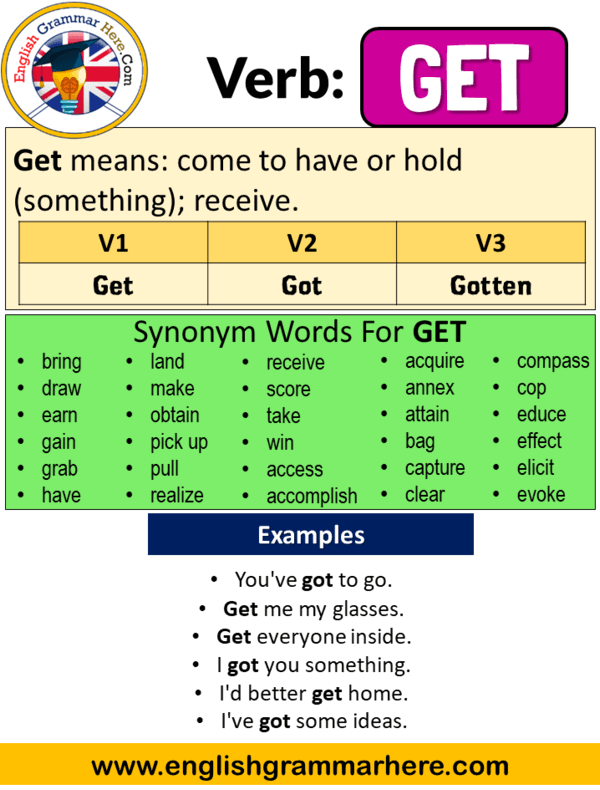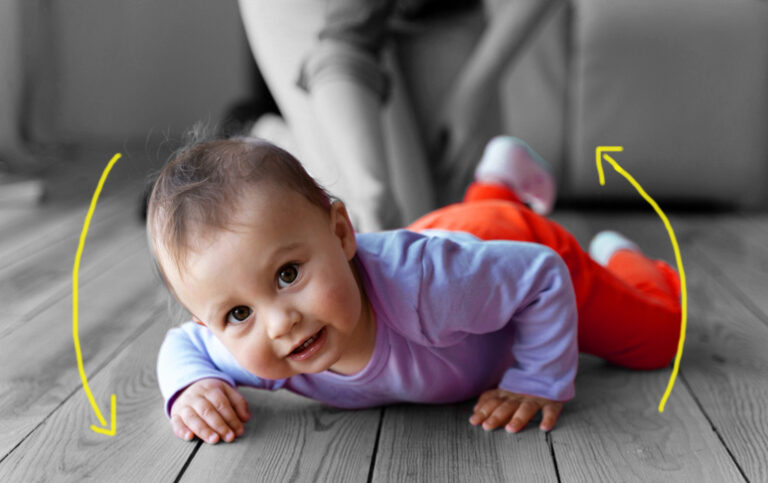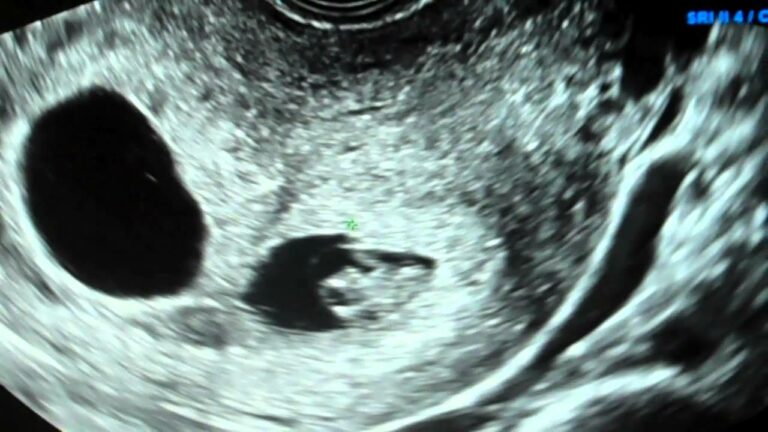How Long Is the Newborn Stage: A Comprehensive Guide
The newborn stage, a period of rapid growth and development, marks the beginning of a child’s life. Understanding the duration of this stage is crucial for parents and caregivers to ensure optimal care and support. This guide explores the definition, factors influencing the length, variations, monitoring, and essential aspects of newborn care.
The newborn stage typically spans the first 28 days of life. During this time, newborns undergo significant physical, cognitive, and behavioral changes. They develop essential reflexes, such as sucking and grasping, and begin to interact with their environment.
How Long Is Newborn Stage
:max_bytes(150000):strip_icc()/2795073-stages-of-prenatal-development-01-5a3040f6eb4d5200362d5553.png?w=700)
The newborn stage is a period of rapid growth and development for babies. It lasts from birth to around 2 months of age.
Physical Development
- Babies double their birth weight by 4 months of age.
- They grow about 1 inch in length per month.
- Their head circumference increases by about 1/2 inch per month.
Cognitive Development
Newborns can see, hear, and smell, but their vision and hearing are not fully developed. They can recognize their parents’ voices and faces within a few weeks.
Social and Emotional Development
Newborns are social creatures who need to be held, cuddled, and talked to. They begin to smile and interact with others around 6 weeks of age.
Answers to Common Questions
How long does the newborn stage typically last?
The newborn stage generally lasts for the first 28 days of life.
What factors can influence the length of the newborn stage?
Birth weight, gestational age, and maternal health conditions can impact the duration of the newborn stage.
How can I monitor my newborn’s development during this stage?
Track key developmental milestones, such as feeding, sleeping, and social interaction. Consult a healthcare professional if you notice any signs of potential developmental delays.
What are some essential aspects of newborn care?
Breastfeeding or formula feeding, skin-to-skin contact, and creating a safe and comfortable environment are crucial for newborn development.





